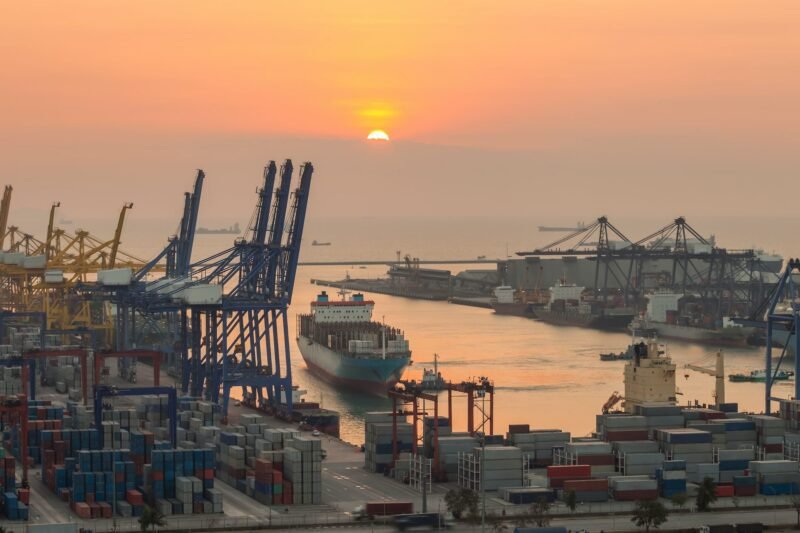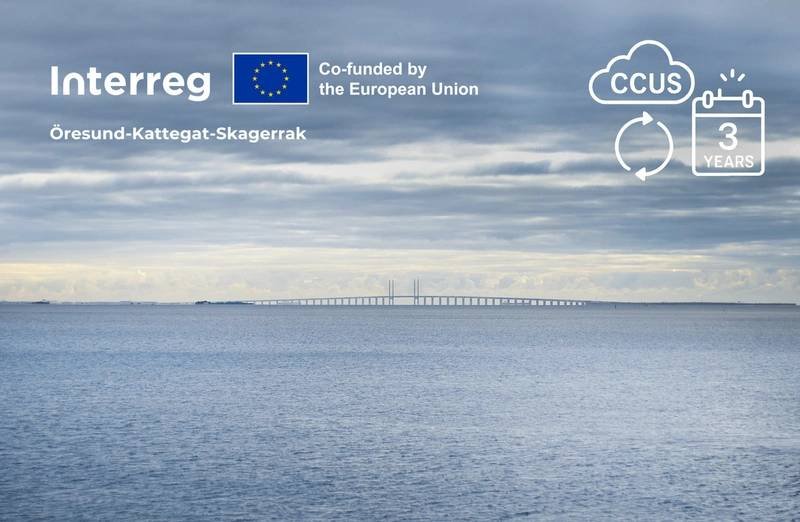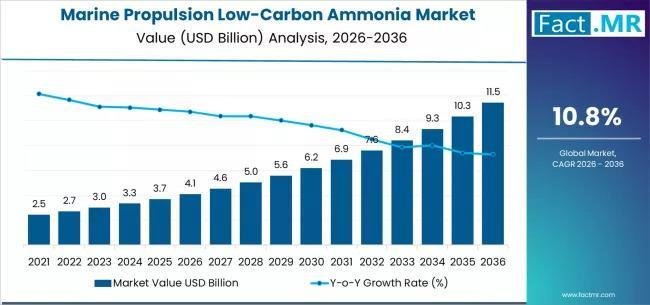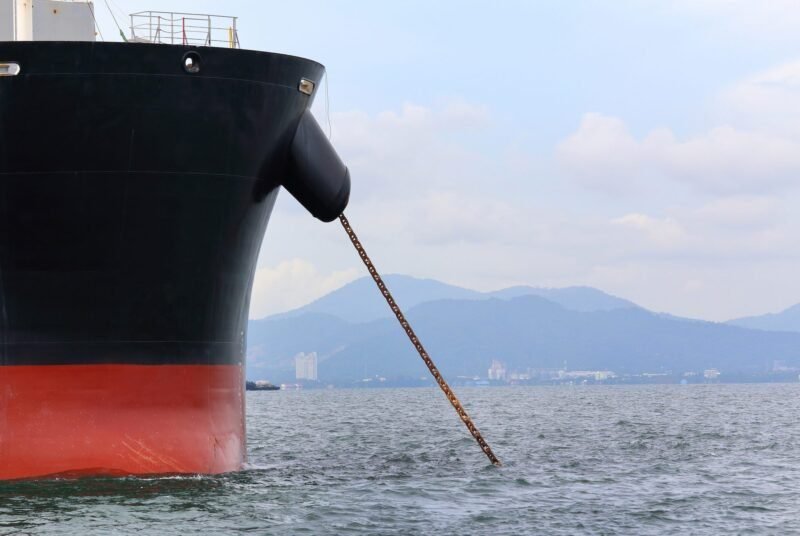Tunley Environmental has raised concerns about the challenges posed by the European Union’s Corporate Sustainability Reporting Directive (CSRD) and the potential consequences of non-compliance. The directive, set to come into effect on January 1 for large European companies, aims to promote sustainable practices, energy-efficient technologies, and alternative fuels. Tunley CEO Will Beer emphasized the need for shipping lines, marine equipment manufacturers, and shipyards to accelerate their compliance efforts to avoid penalties, which could include fines of up to five percent of turnover.
The CSRD will have a significant impact on the maritime industry, requiring companies to enhance their reporting on environmental aspects such as emissions, waste management, and biodiversity impacts. Failure to comply with the regulations could result in severe penalties, with France implementing strict measures that include fines and potential jail time for corporate directors. Approximately 50,000 companies will be affected by the directive, with large EU companies needing to comply by 2024, SMEs by 2026, and large non-EU companies by 2028.
According to Tunley, the maritime industry is lagging in its efforts to meet the new sustainability regulations, with many companies needing to improve their reporting practices. CEO Will Beer highlighted the importance of understanding the detailed reporting requirements and integrating them into existing corporate frameworks. The directive aims to increase transparency, combat greenwashing, and empower stakeholders to make more informed decisions, positioning the maritime industry to lead in global sustainability efforts through compliance with the CSRD.


















